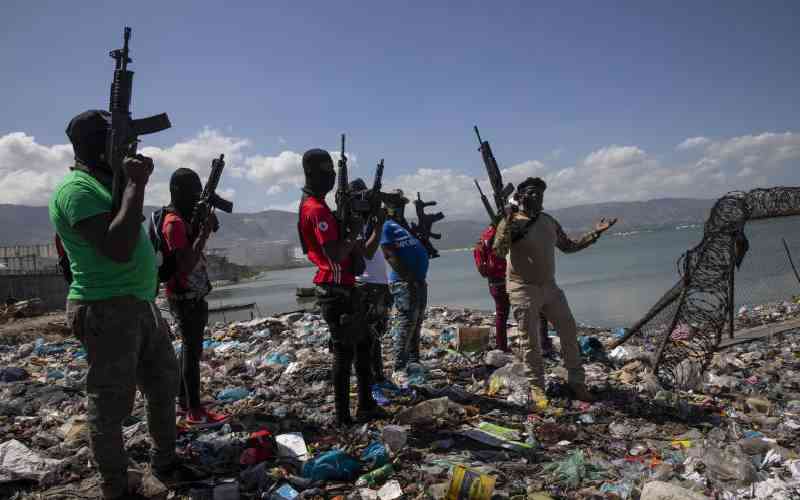
Kenya's plan to deploy at least 1,000 police officers to the strife-torn Haiti faces yet another hurdle that could further delay or abort the peacekeeping mission and force a rethink of strategy on the part of President William Ruto.
It is emerging that budget fights in the United States Congress, pitting the Democrats against the Republicans, could have far-reaching financial consequences on the Kenyan-led multi-national security mission. According to reports by Reuters, US lawmakers have refused to release millions of dollars in funding that the Joe Biden administration "views as critical" to help address the mounting violence in Haiti.